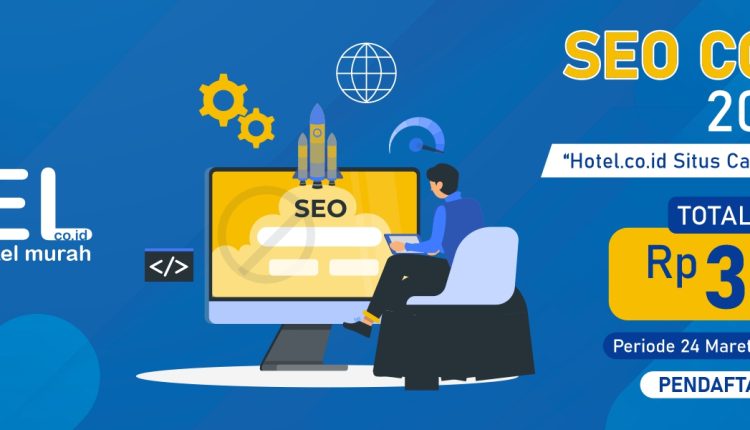
In the vast landscape of digital marketing, Search Engine Optimization (lomba kontes seo) stands out as a crucial strategy for businesses looking to enhance their online presence and reach a broader audience. Whether you’re new to the concept or seeking a refresher, this beginner’s guide will help you understand the fundamentals of SEO and how to leverage it effectively.
What is SEO?
SEO is the practice of optimizing your website to rank higher in search engine results pages (SERPs). When users search for information related to your business, products, or services, you want your website to appear prominently in their search results. This visibility can drive organic traffic to your site, increasing your chances of converting visitors into customers.
Key Components of SEO
- On-Page SEO: This involves optimizing individual pages on your website to improve their search engine rankings. Key elements of on-page SEO include:
- Keyword Research: Identifying the terms and phrases your target audience is searching for.
- Content Optimization: Creating high-quality, relevant content that incorporates these keywords.
- Meta Tags: Writing compelling meta titles and descriptions that encourage users to click on your link.
- Off-Page SEO: This refers to actions taken outside of your website to improve its visibility. This includes:
- Link Building: Acquiring backlinks from other reputable websites to improve your site’s authority.
- Social Media Marketing: Using social media platforms to promote your content and engage with your audience.
- Technical SEO: This focuses on the backend of your website, ensuring that it is optimized for search engine crawling and indexing. Key technical SEO aspects include:
- Site Speed: Ensuring your website loads quickly to improve user experience.
- Mobile-Friendliness: Ensuring your website is optimized for mobile devices.
- Site Structure: Creating a clear and organized site structure that makes it easy for search engines to crawl and index your content.
Benefits of SEO
- Increased Visibility: SEO helps your website rank higher in search results, making it more likely to be seen by users.
- More Traffic: Higher rankings lead to more organic traffic to your site, increasing the number of potential customers.
- Better User Experience: SEO involves optimizing your site for both search engines and users, resulting in a better overall user experience.
- Cost-Effectiveness: Compared to paid advertising, SEO can be a more cost-effective long-term strategy for driving traffic to your site.
Getting Started with SEO
- Keyword Research: Use tools like Google Keyword Planner, SEMrush, or Ahrefs to identify relevant keywords for your business.
- Content Creation: Develop high-quality, engaging content that incorporates your target keywords.
- On-Page Optimization: Optimize your content, meta tags, and images for search engines.
- Link Building: Build backlinks from reputable websites to improve your site’s authority.
- Monitor and Adjust: Regularly monitor your SEO performance using tools like Google Analytics and Search Console, and make adjustments as needed.
In conclusion, SEO is a critical component of any digital marketing strategy. By understanding the basics of SEO and implementing best practices, you can improve your website’s visibility, drive more organic traffic, and ultimately, achieve your business goals.

